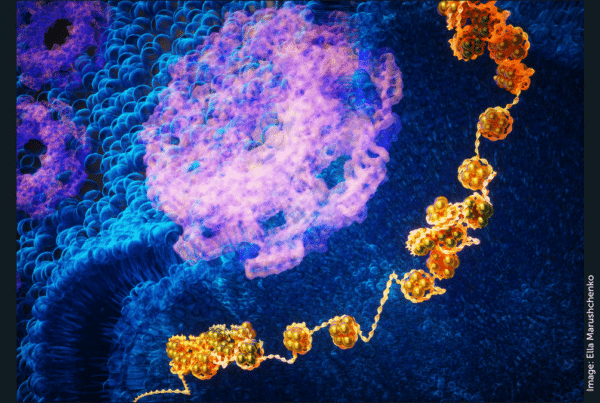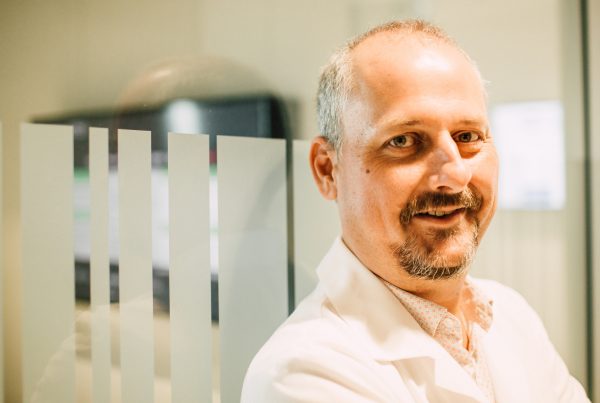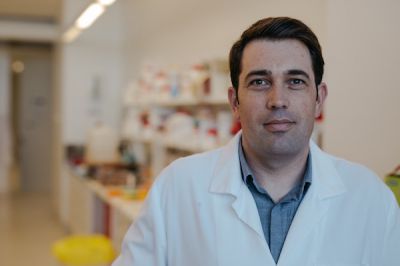Scientists find way to wipe a cell’s memory to better reprogram it as a stem cell
Read More
One in six Australians has impaired kidney function, with one in three at risk of developing kidney disease. In most cases kidney disease is asymptomatic until almost all function is lost, making early diagnosis challenging. For people who progress to end stage (more than 2,000 people every year), outcomes are worse than for many cancers and the cost of providing renal replacement therapies is high; estimated at >$12b over the coming decade.
The Translational Renal Research group in focussed on improving outcomes for patients with renal diseases, by translating advances in basic science from the bench to the bedside.
Research is focussed on the immune system and how it is affected by immunosuppression, particular in the setting of transplantation. As infectious diseases are a common problem in immunosuppressed patients, by studying host responses to pathogens we can define levels of immune function that may predict the likelihood of disease and use this to better understand the factors that influence disease development.
The main areas of interest for the Translational Renal Research group are:


